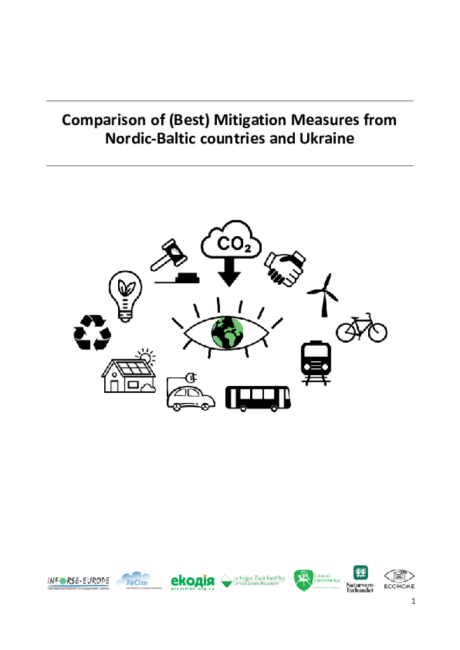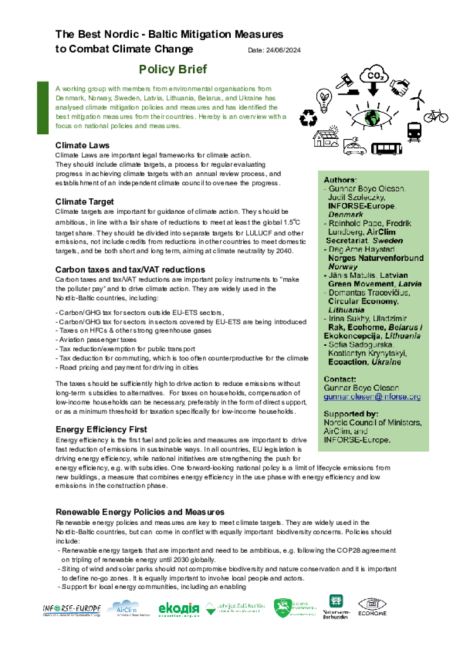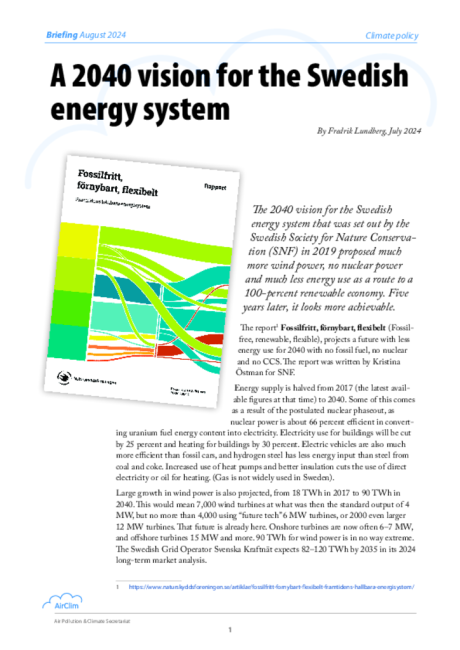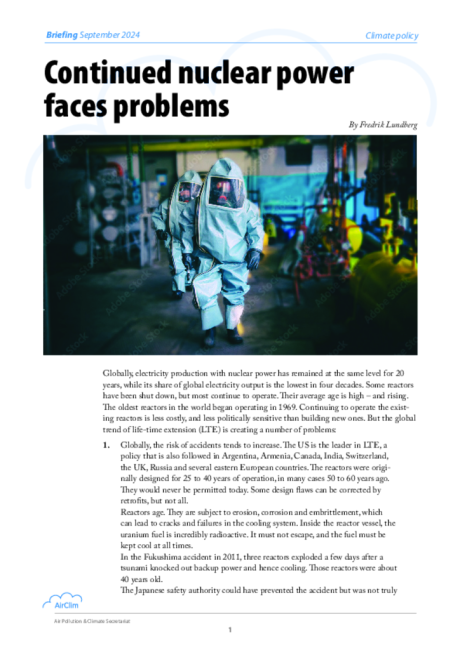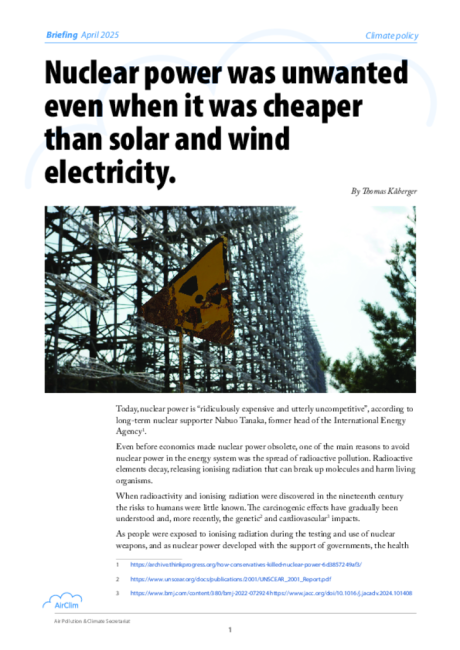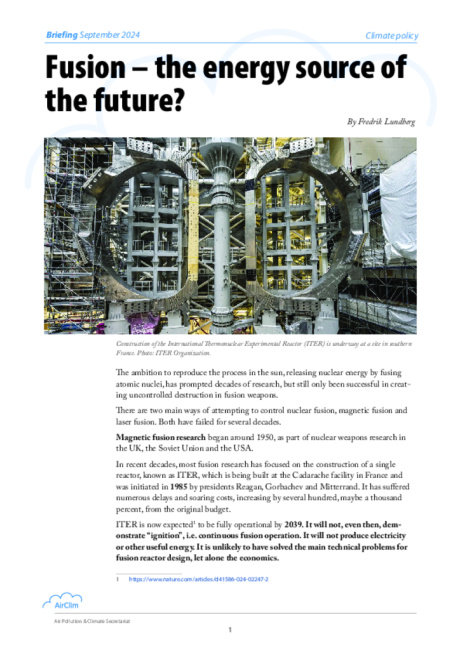Better Green Deal
Over two years, civil society experts from seven countries around the Baltic Sea—Belarus, Denmark, Latvia, Lithuania, Norway, Sweden, and Ukraine—joined forces to assess how national climate policies align with the goals of the European Green Deal. The project, coordinated by INFORSE-Europe, compared national climate plans, identified best practices, and developed concrete policy proposals to accelerate the transition toward carbon-neutral societies.
The analysis covered six key policy areas—from climate laws and taxation to energy efficiency, renewable energy, and transport—and evaluated both the ambition and implementation of existing measures. The result is a rich cross-country comparison, highlighting what countries can learn from each other and how climate strategies can be improved with more ambitious, just, and effective policies.
Partners were: INFORSE-Europe (lead), AirClim, Norges Naturvernforbund, Latvijas Zaļā kustība / Latvian Green Movement, Žiedinė ekonomika / Circular Economy in Lithuania, Ecoaction from Ukraine, Ekokoncepcija from Lithuania, Ecodome from Belarus.
The project was supported by the Nordic Council of Ministers.
Strong potentioal for better climate mitigation strategies
By Gunnar Boye Olesen, INFORSE-Europe
During the year, a group of civil society experts from Belarus, Denmark, Latvia, Lithuania, Norway, Sweden, and Ukraine has analysed how our countries have implemented the European Green Deal through national climate plans and policies. For each policy measure, we evaluated how well the measure contributes to sustainable development towards carbon-neutral societies and how well it is implemented in the country or countries, where it is used.
